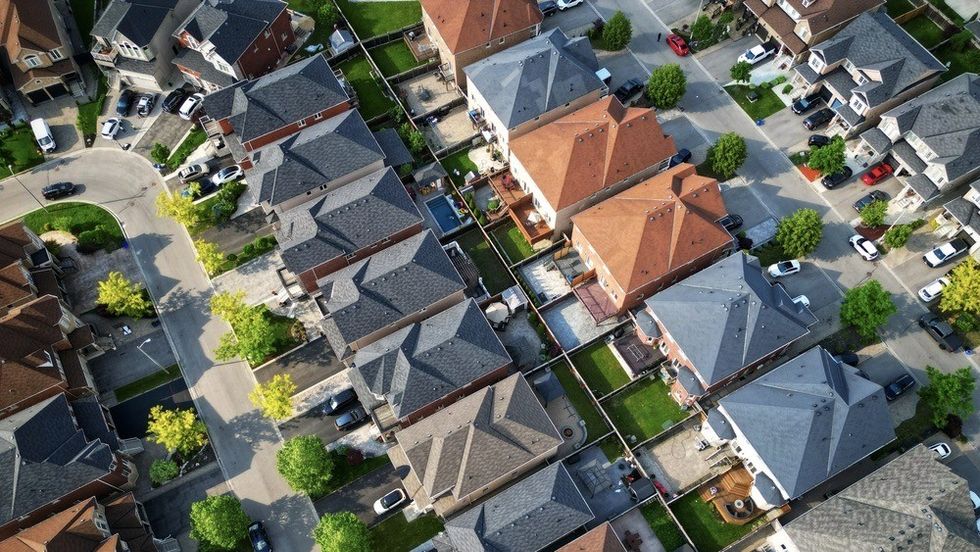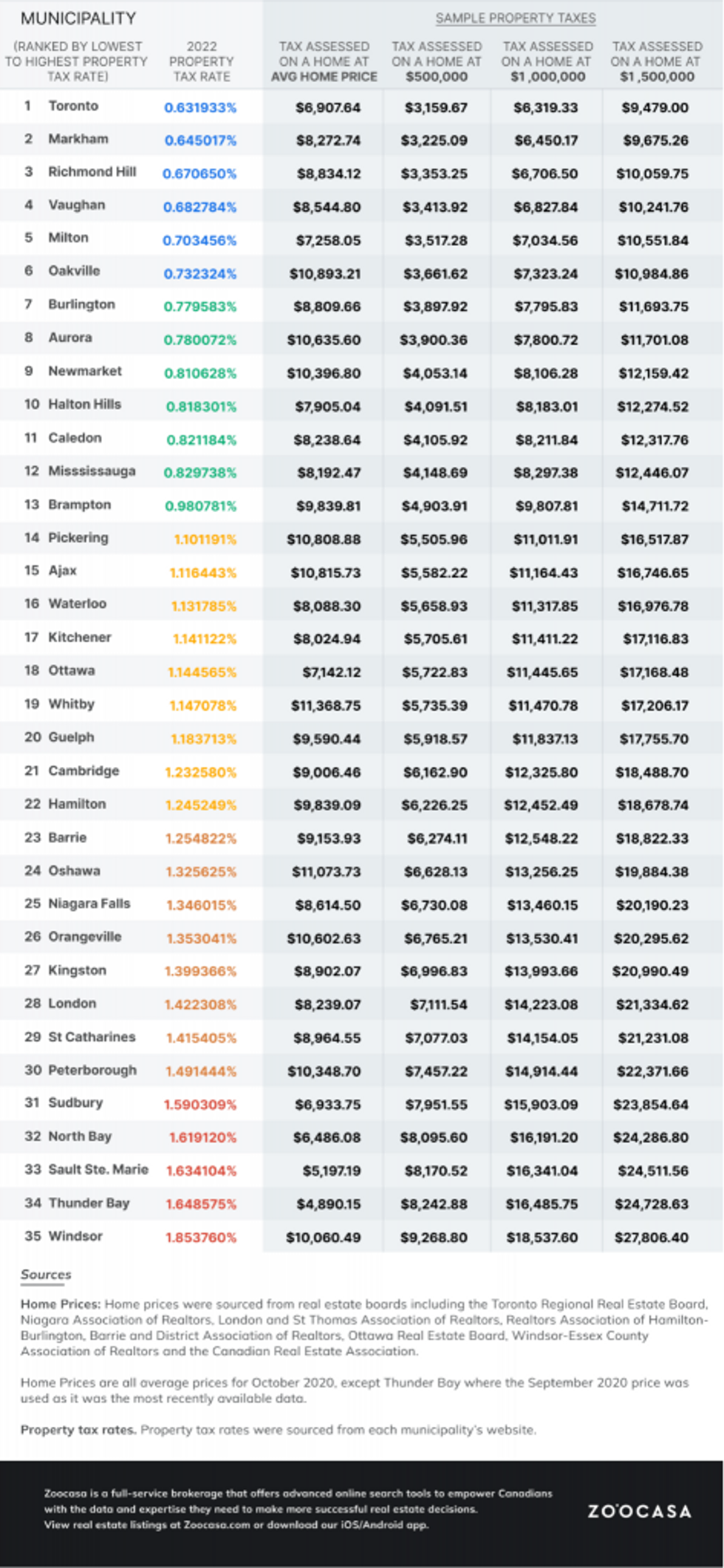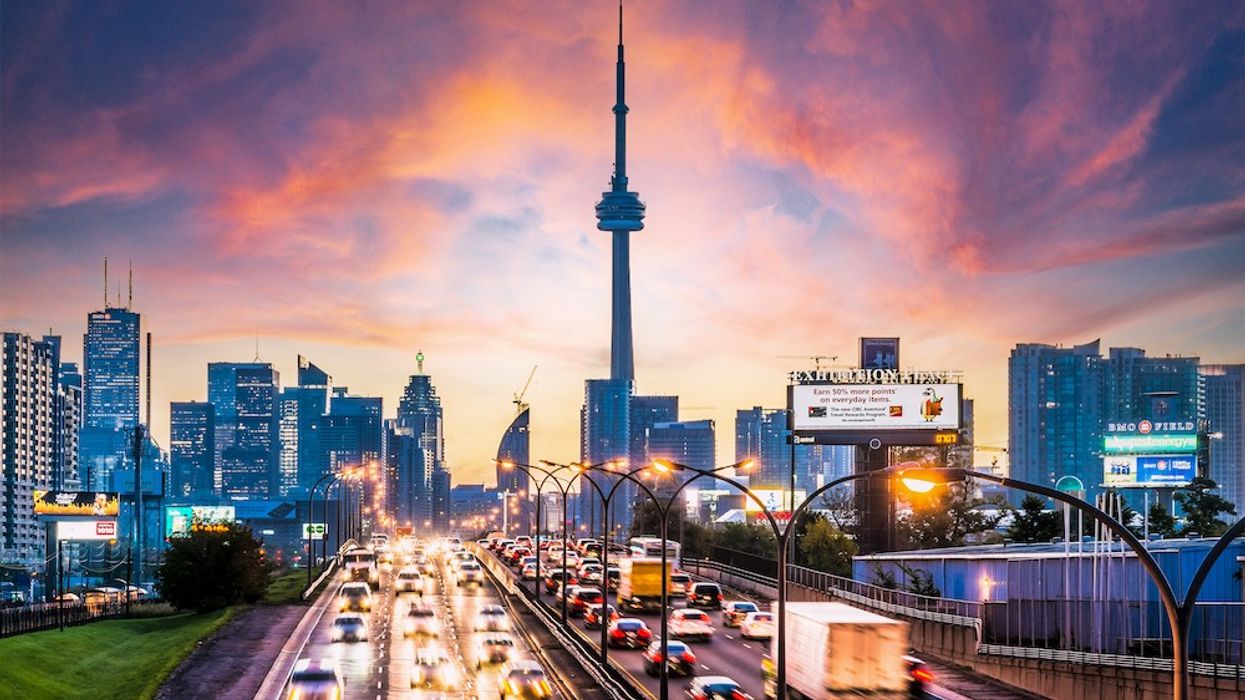Pesky property taxes are often an overlooked element in the homebuying process.
When purchasing property, homeowners often lament over all other costs: the price of the home, the down payment, closing costs, land transfer costs, and mortgage payments. But property taxes -- which can cost thousands -- are commonly omitted from consideration, sometimes resulting in a rude awakening for homebuyers.
In a new blog post, real estate company Zoocasa outlines the Ontario cities with the highest and lowest property taxes. As Zoocasa highlights, property taxes vary across the province and are based on the size of municipalities, the council’s operating budgets, and the value of local housing markets.
“Larger urban centres like Toronto, for example, can offer a lower rate due to the greater number of taxpayers and higher housing prices,” writes study author Daniel Crook. “A smaller, more rural community will have higher tax rates due to a smaller population and fewer resources for the area.”
For those in the dark, the amount you pay on tax is determined by the municipality tax rates and most recent value assessment of your home, conducted by the Municipal Property Assessment Corporation (MPAC). While it’s typically evaluated every four years, thanks to the pandemic, property value assessments have been frozen until 2024, with 2016 rates still applied. “It is still important, however, for locals to be aware of how those value assessments may change when the time comes, due to the growth in many Ontario markets over the last two years,” reads the blog post.

As the post highlights, you can determine the amount you’ll pay in property tax by multiplying your most recent home value assessment from MPAC by the residential rate set by your local municipality. In Ontario, these are based on the MPAC-provided assessment of your home’s value; the Education Tax Rate implemented by the province; and the Residential Tax Rate, which is determined annually by a municipality’s city council.
To determine how tax rates differ and have increased across Ontario, Zoocasa compiled the 2022 property tax rates for 35 Ontario municipalities and compared these to the average home prices for the area and what the taxes would be on the average $500,000, $1M, and $1.5M home.
The least expensive city on the list was Toronto, with a current tax rate of 0.631933%. Here, homeowners would pay $7018.18 in property taxes on a home that costs the current average of $1,093,097. In comparison, the average home price in Whitby is a little less than the Toronto average, but homeowners have higher property taxes -- approximately $11,661.28 per year. So, even though home prices are relatively comparable between Toronto and the Durham Region city, Whitby residents pay nearly twice as much in property taxes.
Further illustrating this point, when comparing a home at $500,000, Windsor has a much higher tax price of $9,268.8, while Toronto’s is $3,159.67. “A $500,000 budget can go a lot further in areas with higher property taxes than areas with lower rates,” writes Crook. “For example, property taxes in Sault Ste. Marie are higher than Toronto, but the average price of a home in September was just $291,500.”
Compared to 2021, the five municipalities with the lowest property taxes haven’t changed, all of which are located within the Greater Toronto Area (GTA):
- Toronto: 0.631933%
- Markham: 0.645017%
- Richmond Hill: 0.670650%
- Vaughan: 0.682784%
- Milton: 0.703456%
The five municipalities with the highest rates are also consistent with 2021’s ranking, and all are located in northern Ontario, with the exception of Windsor:
- Windsor: 1.853760%
- Thunder Bay: 1.634104%
- Sault Ste. Marie: 1.648575%
- North Bay: 1.568182%
- Sudbury: 1.546783%






















